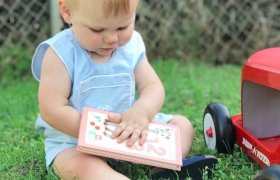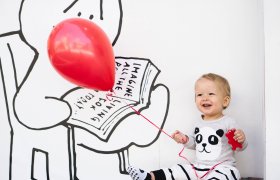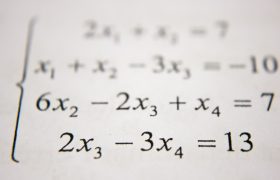Potty Training Strategies Backed by Children Psychologists
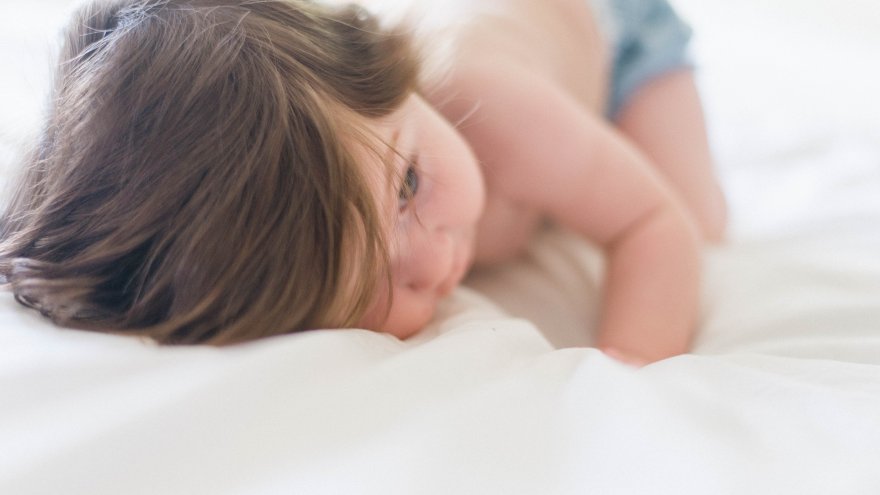
In 2001, the average range of potty training rose to 35 months for girls and 39 months for boys. Children have a fear of going potty on the toilet or when that time comes to potty train as the process is called. One psychologist suggests that the big diaper business along with fear are some major factors in the delay of potty training children in the 21st century. In the 1950’s, before the disposable diaper companies moved in, 90% of children were potty trained by the age of 18 months.
One American child psychology writer feels that the American people have the fear of harming their child during the process.
A book called “Stress-Free Potty Training” written by Sara Au and Peter Stavinoha, Ph.d. talks about focusing on your child’s temperament. The book stresses knowing your child’s personality. Parent’s should look at behavior and what type of dominant personality traits does your child have? This helps you know when it’s time to potty train. If you feel your child is impulsive, approaching potty training is quite different than if your child is a child who internalizes and relies on sensory. There is also the goal-directed child or strong-willed who responds best to rewards. The goal-directed child responds best to praise and knowing that the job was well done. In addition, this type of child appreciates the fact that the job was well done.
Sensory Oriented:
These children are very sensitive to loud noises and drastic change in temperature. You have to coax the sensory child into the process of potty training so the child doesn’t feel shocked by transitions from diapers to training pants. Older siblings can help with your young one as long as they are the same sex. You the parent can model the behavior as well. The book “Stress-Free Potty Training” offers a huge variety of ideas and helps with identifying your child’s personality trait.
Is my Child Ready?
You are the expert that knows when your child is ready for potty training. You might have been ready 4 months ago but depending on the temperament of your child, they will let you know when they are ready to start. You can tell whether your child needs extra guidance or a simple few words of encouragement. Your child will begin to recognize potty vocabulary and when they start pulling their pants off and on, they are showing an interest in the potty. If you are facing resistance, you might want to get a couple of books. One is called”It’s No Accident: Breakthrough Solutions to Your Child’s Wetting, Constipation, UTI’s, and Other Potty Problems,” written by a pediatric urologist named Steve J. Hodges M.D. An article named “The Dangers of Potty Training Too Early: Doctor’s Case for Late Training.”, also contains great information from Hodges book.
Freud has some interesting theories on potty training. Freud generally believed that the primary focus of one’s libido is by controlling their bladder and bowel movements. It’s important at this age for the child to start controlling his own bodily needs. When the child accomplishes developing these needs, he or she is developing a sense of accomplishment and independence. Freud says that the way the parents approach the situation is important. Parents who use praise at the right time encourage positive outcomes. This helps kids feel capable and productive. Freud believed that positive experiences for children at this stage helped these children to carry competence, creativity, and production over into their adult lives.
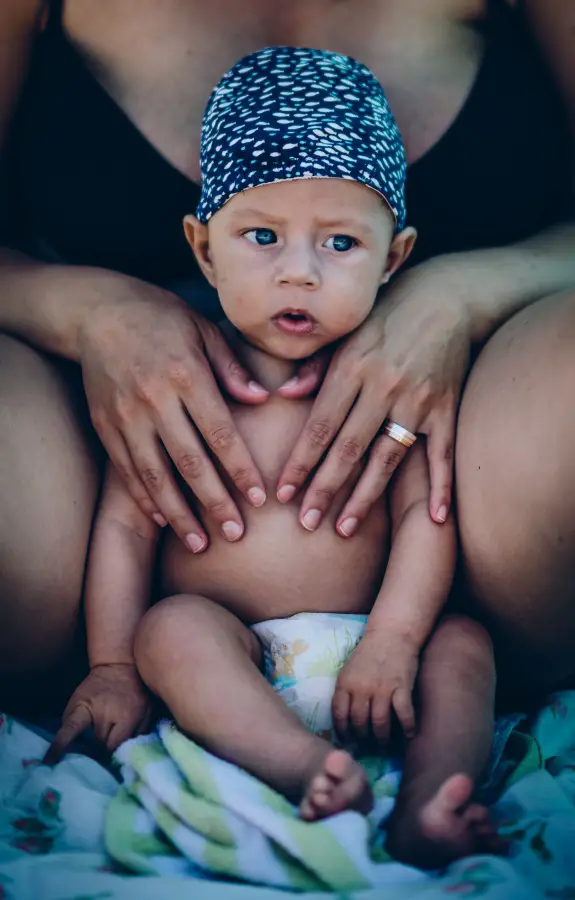 The downside is not all parents provide the support and encouragement at the proper time or for the proper situation at this stage in a child’s life. Parents have been known to punish, tease, mock, or shame a child for accidents. Freud believed that inappropriate parental responses could result in negative behavior by the child. If the parent is too lenient, Freud believed an anal-expulsive personality could develop. This type of person is messy, wasteful or has a destructive personality. On the other hand, Freud claims if parents are too strict, he believed an anal retentive personality would develop. This kind of person is obsessive-compulsive, orderly and rigid.
The downside is not all parents provide the support and encouragement at the proper time or for the proper situation at this stage in a child’s life. Parents have been known to punish, tease, mock, or shame a child for accidents. Freud believed that inappropriate parental responses could result in negative behavior by the child. If the parent is too lenient, Freud believed an anal-expulsive personality could develop. This type of person is messy, wasteful or has a destructive personality. On the other hand, Freud claims if parents are too strict, he believed an anal retentive personality would develop. This kind of person is obsessive-compulsive, orderly and rigid.
Freud may be long gone but he was correct when he stated that most children were potty trained by 18 months until the diaper disposable generation was established during the 80’s. Diaper service companies were big and many women washed their own diapers. No one used pull-ups, so naturally, the child was ready much younger because he or she probably was too embarrassed to have accidents. Pull-ups are too much like a diaper and children are going to school in diapers in kindergarten in the 21st century. What should you as a parent do about this? Buying some of your child’s favorite character underwear is a good start if you are staying home. Put your child on the potty every 15 or 20 minutes Children can be mean at any age and sending your child to school in diapers is going to make you the worry wart and your child might become confused. Some of the psychology from the past might seem like parents ruled with an iron fist. Kids grew up differently 60 years ago. A little Freud doesn’t hurt any child in today’s world. Timing and personality seem to be the correct key in determining when your child is ready for the potty. Most children will start taking their diapers off when they are ready. Your child is beginning to become independent! What an exciting job both of you have done with your child.
Motor Skills:
Did you know that your child’s motor skills have to reach a certain level before they can begin toilet training? Gross and fine motor skills begin around age 18 months. These skills will show you that your toddler can now take off his shirt and pants. This is a good age to start teaching your child how to regulate their clothing while they are sitting on the pot. Keep them interested long enough to go potty on the toilet. You can give your child a book or some coloring books and crayons why they are waiting for a bowel movement on the pot. When your child realizes he has mastered all of these abilities, their self-esteem will be enhanced and the confidence that comes with mastering the potty training challenge.

